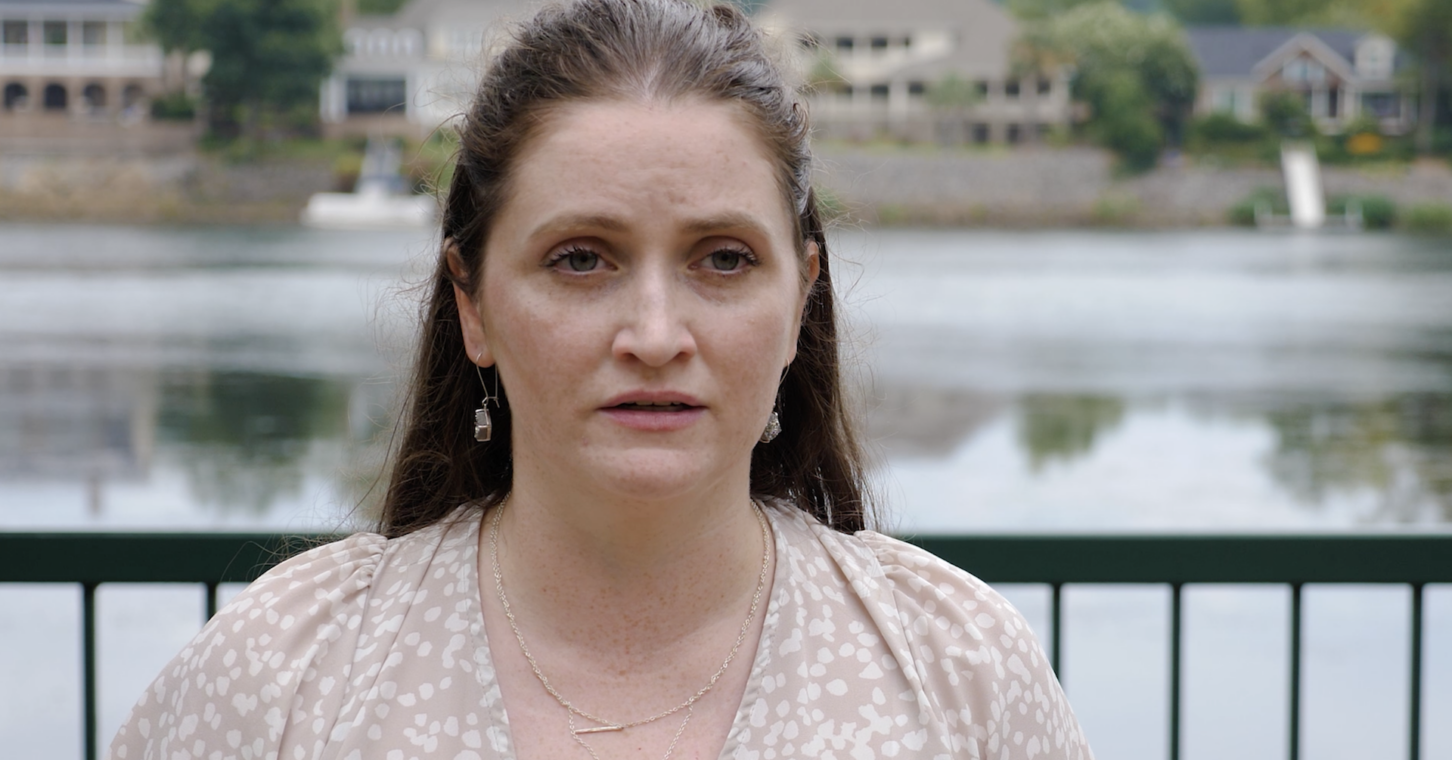
In 2021, the Augusta Birth Center applied to become the first freestanding birth center in Richmond County. This birth center would provide not only obstetrical services for low-risk pregnancies, including midwifery, but also “mental health services, women’s support groups, adoption, postpartum counseling and additional classes for the community at little to no cost.”
Expectant mothers in the Augusta area have traditionally had three local options to choose from for birthing services: Doctors Hospital of Augusta, Piedmont Augusta (formerly University Hospital) and the recently renamed Augusta University Medical Center, which is now known as Wellstar MCG Health. Yet only one of the hospitals provides midwifery services.
Augusta Birth Center (ABC) was going to be located in the Laney Walker district, home to a historically black and underserved population. The three founding members of ABC included a board-certified family physician, a board-certified family nurse practitioner and the executive director, Katie Chubb. Certified nurse midwives and nurses would complement the medical staff.
And yet, over two years after first submitting its application to open, the center remains unopened thanks to an arcane state law known as Certificate of Need.
Certificate of Need (CON) laws task the government with determining whether a new healthcare facility or service line is allowed to open. They were first established by Congress in the 1970s to control rising healthcare costs since the federal government reimbursed providers at this time based on what they spent — a form of reimbursement that only incentivized more spending on healthcare.
Within a decade Congress had moved away from “cost-plus” reimbursement and scrapped the federal CON law, but CON regulations at the state level remain.
In Georgia, nearly 50 different facilities and services require a CON before they can open. They include major facilities such as hospitals, freestanding emergency departments and surgery centers, but also imaging centers, alcohol and drug abuse services, mental health services and obstetrical facilities, which include birth centers.
There are currently only three birth centers statewide, in Atlanta, Forsyth and Savannah.
To begin the process, ABC submitted an 821-page application to the Georgia Department of Community Health. As Ms. Chubb later noted regarding this submission, the information was more exhaustive than any business plan required by a bank before approving a multimillion-dollar loan.
Four months later, on Dec. 22, 2021, the Department denied ABC’s application —- despite acknowledging the need for this facility. It’s worth examining why the application was denied.
First, the Department examined the service area and the amount of obstetrical services being utilized to determine whether ABC was needed. This area not only comprised Richmond County, but also Burke, Columbia, Glascock, Jefferson, Jenkins, McDuffie, Taliaferro, Warren, Washington and Wilkes counties, demonstrating the region’s need for another obstetrics provider.
Next, the Department wanted to compare the price of an “uncomplicated delivery” at ABC with that of nearby hospitals. This was done using cost data provided to the state by the hospitals.
ABC’s projected charge in years one and two was $5,000, which was significantly lower than University Hospital ($7,371), AU Medical Center ($15,024), and Doctors Hospital ($22,552).
Unsurprisingly, the Department concluded that ABC would provide lower-cost services than neighboring hospitals offered on an inpatient basis.
Finally, the Department wanted to determine whether a patient suffering from complications during childbirth would be able to access emergency services. Georgia’s CON law requires birth centers to have a transfer agreement with a local hospital.
Despite having an agreement with two ambulance companies and a physician with local admitting privileges, ABC could not persuade any of the three hospitals to sign a transfer agreement. This gives credence to the nickname many have given CON laws: the “competitor’s veto.”
With the help of the Pacific Legal Foundation, Katie Chubb and the Augusta Birth Center have since sued the state over its CON laws. Her attorneys emphasize that not only does federal law require all hospitals to accept patients in an emergency situation, but in 2015 there were 90 pregnancy-related deaths in Georgia, placing the state’s mortality rate worse than that of Iraq. Nearly 60% of these deaths were preventable. The Augusta area’s five deaths in 2015 ranked lower than Cuba and Syria.
While this situation continues to be drawn out in the legal system, South Carolina repealed nearly all of its CON laws earlier this year, including those for birth centers.
Unless the Georgia Legislature moves to repeal its CON laws in 2024, the citizens of Augusta and the surrounding counties soon might be traveling across the river to access a freestanding birth center close to home. The North Augusta Birth Center, perhaps?